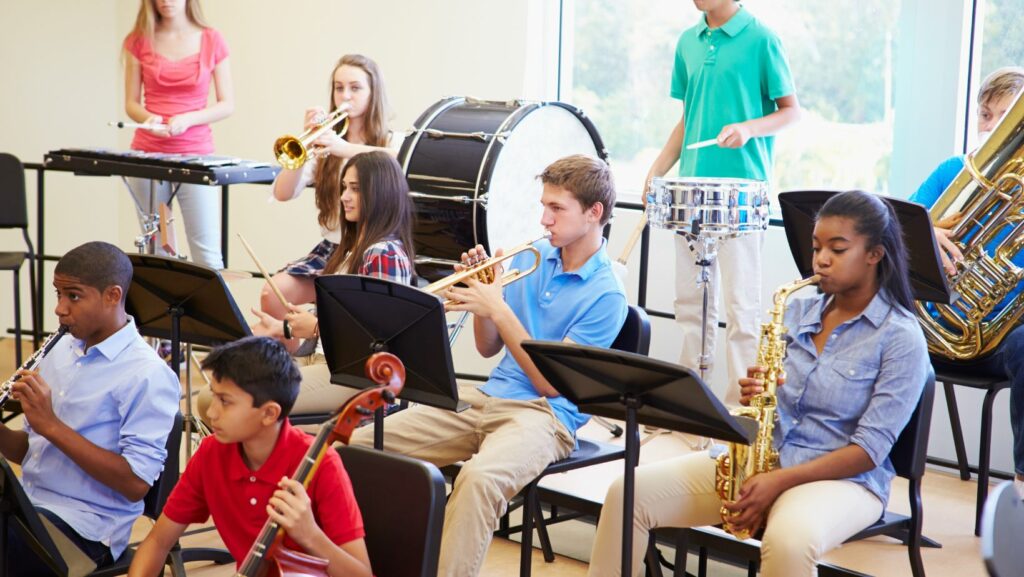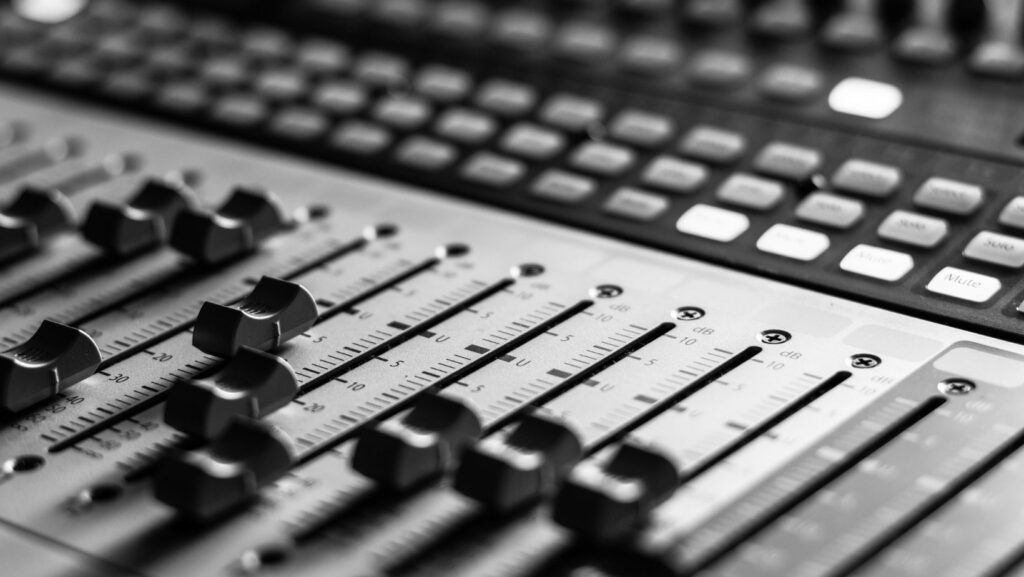Choosing the right music production school can be a game-changer for aspiring musicians and producers. It’s not just about learning the ropes, but also immersing oneself in a creative environment that fuels inspiration. This article sheds light on the best music production schools that can help shape your musical journey.
Best Music Production Schools
Within this segment, information about the best music production schools gets breakdown. Exploring the salient features to seek in a music production school, along with popular locations, aids future students in making decisions.
What to Look for in a Music Production School
 When evaluating the best music production schools, several factors mustn’t overlook. Schools with extensive course offerings provide a comprehensive understanding of music production elements. For instance, the curriculum may range from audio engineering to music business, ensuring students gain wide-ranging skills.
When evaluating the best music production schools, several factors mustn’t overlook. Schools with extensive course offerings provide a comprehensive understanding of music production elements. For instance, the curriculum may range from audio engineering to music business, ensuring students gain wide-ranging skills.
Peruse programs that facilitate practical experience, such as internships or connections within the music industry. Schools such as Berklee College of Music, for example, have partnerships with record labels and production companies providing students with hands-on experience.
Top Locations for Music Production Education
Mapping out the top locations for music production education unveils patterns and reasons for their popularity. Los Angeles, with its thriving music industry, attracts students and provides ample internship opportunities. It hosts notable schools such as Los Angeles Recording School.
 Other top locations include New York City, home to the renowned Clive Davis Institute of Recorded Music, and Boston, which houses the prestigious Berklee College of Music.
Other top locations include New York City, home to the renowned Clive Davis Institute of Recorded Music, and Boston, which houses the prestigious Berklee College of Music.
Attention also turns towards Nashville, a city with deep music roots offering establishments like the Blackbird Academy. Meanwhile, London gains recognition for institutions such as the London College of Music, amplifying its status as a central hub for diverse, global music.
Features of Top Music Production Programs
Numerous factors contribute to a music production program’s quality. Given the specifics of previous sections, two critical aspects draw focus: the curriculum and course offerings, and the faculty and industry connections.
Curriculum and Course Offerings
A curriculum stands as a decisive factor in the characterization of the best music production schools. These institutions, the cream of the crop in music production, often present students with a comprehensive selection encompassing practical and theoretical coursework. From understanding musical theory and its application, to learning sound engineering techniques, these programs expose students to various crucial facets of the music production process. A rich and varied curriculum ensures students acquire a well-rounded skill set and extend their competency beyond the classroom. Notable schools often enhance their standard curriculum with specialty programs or electives, like audio engineering, digital music production, and music business, ensuring students can focus their learning in their areas of interest.
Faculty and Industry Connections
 Effective instruction lies at the heart of any stellar music production program, and faculty quality forms a vital element of the categorization of the best music production schools. These schools possess instructors with a proven track record in both teaching acumen and industry experience, aiding students in grasping the complexities of the subject matter. A proficient faculty combines theoretical knowledge with practical implementation, fostering a learning environment conducive to creativity and innovation. Likewise, faculty industry connections can offer students significant benefits. Networking opportunities, internships, mentorship, and real-world exposure can lay a solid foundation for their future careers. Hence, prospective students ought to evaluate the faculty’s experience and industry connections when exploring potential music production programs.
Effective instruction lies at the heart of any stellar music production program, and faculty quality forms a vital element of the categorization of the best music production schools. These schools possess instructors with a proven track record in both teaching acumen and industry experience, aiding students in grasping the complexities of the subject matter. A proficient faculty combines theoretical knowledge with practical implementation, fostering a learning environment conducive to creativity and innovation. Likewise, faculty industry connections can offer students significant benefits. Networking opportunities, internships, mentorship, and real-world exposure can lay a solid foundation for their future careers. Hence, prospective students ought to evaluate the faculty’s experience and industry connections when exploring potential music production programs.
Tuition and Financial Aid Information
Cost becomes an essential aspect when choosing among the best music production schools. Program expenses can vary widely based on factors such as the school’s location, prestige, duration, and structure. Particularly, elite institutions in city centers often carry heftier price tags. Know that tuition, fees, and living expenses form the core financial component of any program.
In addition to straight costs, potential access to financial aid presents a pivotal consideration. Most schools offer a combination of grants, scholarships, work-study programs, and student loans to offset these expenses. For instance, an expensive program suddenly becomes affordable with a generous scholarship or grant. Keep a watch on available opportunities and application deadlines for such financial aids.



